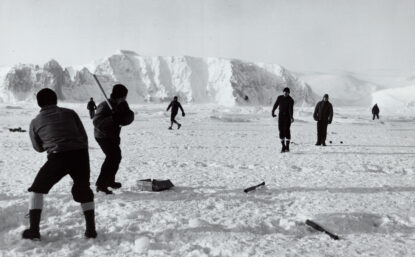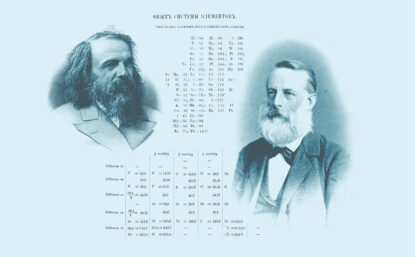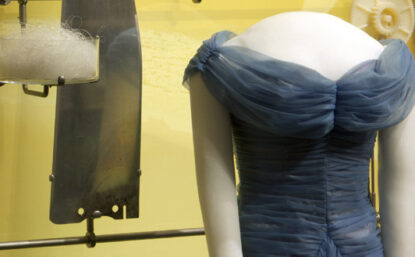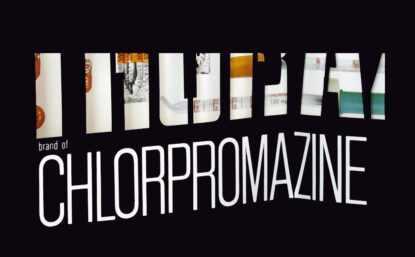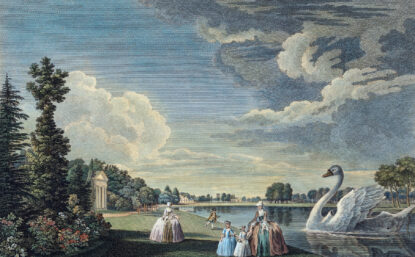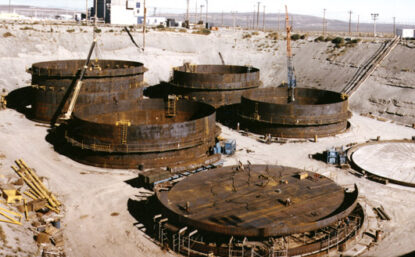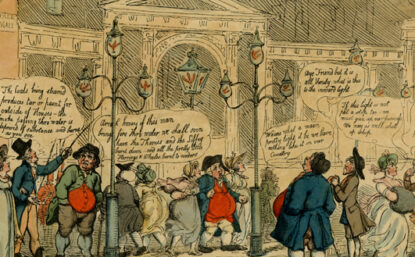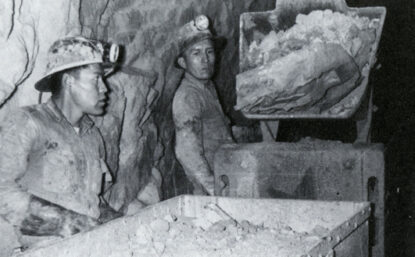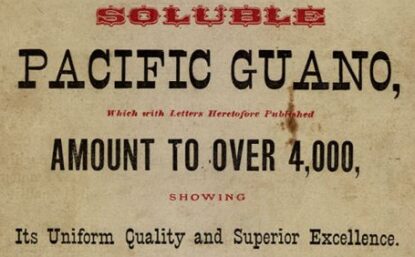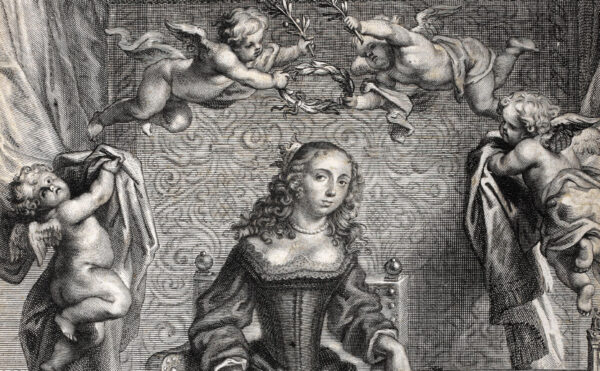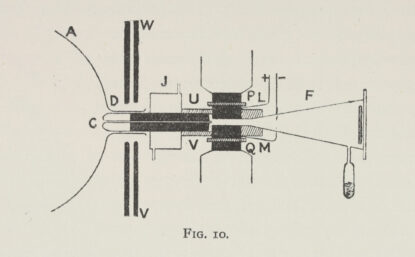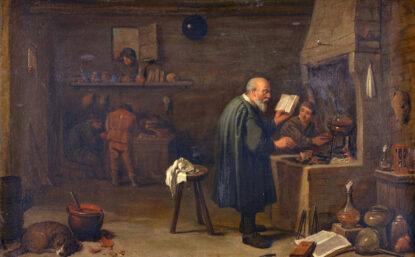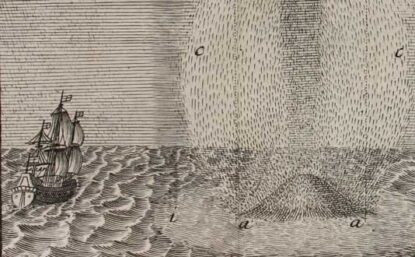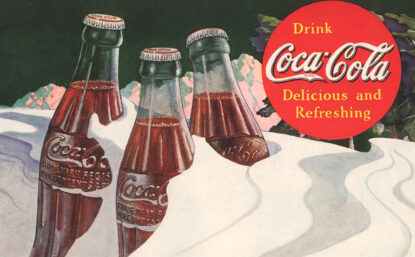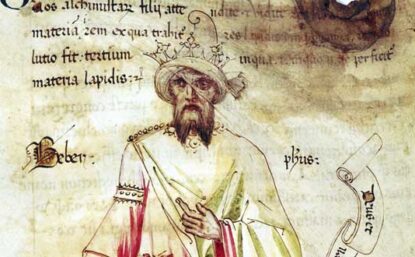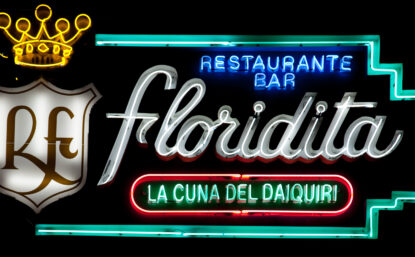Distillations magazine
Distillations articles reveal science’s powerful influence on our lives, past and present.
Wild Ice
For more than 100 years scientists have been discovering and creating bizarre, exotic ices. Ices that can even burn a hole in you!
An Element of Order
Many scientists devised periodic systems in the 1860s, but Dmitri Mendeleev is today recognized as the father of the periodic table. How did this Russian provincial come to possess one of the most famous names in science?
Dress for Success
For thousands of years silk symbolized wealth and style. But in the 1930s DuPont gave Americans the next best thing.
Mind and Matter
In the early 1950s French physician Henri Laborit experienced a moment of serendipity that would fundamentally alter the landscape of psychiatry and mental illness.
No Ill Nature: The Surprising History and Science of Poison Ivy and Its Relatives
Do you think of poison ivy as a scurrilous weed to be avoided at all costs? Think again! There was a time when the daring and curious found promise in poison ivy and its rash-inducing relatives.
Leaking Legacy
How did the Hanford nuclear facility become one of America’s most vexing environmental challenges? Jennifer Weeks explores the history and future of the site.
Bright Light
Coal fueled the cities of the Industrial Revolution. But coal did far more than power steam engines and heat homes.
On Poisoned Ground
The largest accidental release of radioactivity in the United States did not occur in 1979 at Three-Mile Island. That very same year a collapsing dam released a flood of radioactive debris into the Navajo Nation.
Dirty Business
Wars are often fought over resources, but as far as we know only one war has ever been fought over fertilizer.
First Lady
In 1667 Margaret Cavendish was the first woman allowed to visit the all-male bastion of the Royal Society, a newly formed scientific society. Who was this woman?
Positive Effect
Meet J. J. Thomson, who disproved Einstein’s dictum that the man “who has not made his great contribution to science before the age of thirty will never do so.”
The Secrets of Alchemy
Discover alchemy, the secret science!
Carried Away
In the 17th century, experimentalists were only beginning to understand the connections among blood, respiration, and air.
Over the Wall: Six Stories from East Germany
When Communist East Germany built a wall across Berlin, it created two different cities, two different countries, and for scientists two different careers.
The Real Thing: How Coke Became Kosher
As Coca-Cola’s popularity spread in the United States in the 1920s, rabbis around the country asked, is Coke kosher?
Life in Space
The chemistry of the universe may help explain the presence of life on Earth.
What’s in a Name?
Jābir ibn Hayyan, whose name is inextricably bound to the foundations of alchemy, is a man of mystery.
A Blaze of Crimson Light: The Story of Neon
Neon is a dull and invisible gas until it’s trapped in a tube and zapped with electricity. Literally pulled out of thin air, it became a symbol of progress and an essential component of the electronic age.

